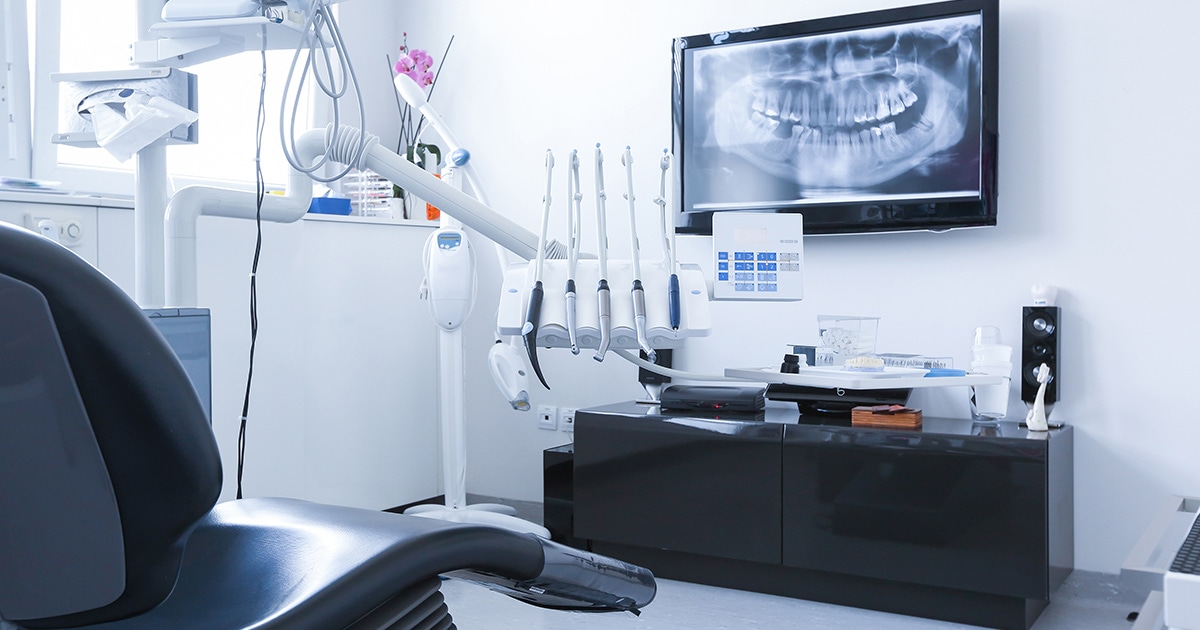Finding the right dental air compressor can be a daunting task. With so many options on the market, it can be hard to determine which model is the best fit for your practice. To make the decision easier, consider the following factors before you buy.
1. Type of Compressor
Contents
The type of compressor you need depends on the type of dental work you are providing. The two main types of dental compressors are piston or rotary screw. Piston compressors are typically used for smaller jobs and are quieter and more affordable. Rotary screw compressors are designed for high-volume applications and are more powerful and durable.
2. Noise Level
Another important factor to consider is the noise level of the compressor. For dental offices, it is important to have a quiet compressor so as not to disturb patients. Most models have a decibel rating that indicates how loud it is when running. Choose a compressor with a decibel rating of less than 70 decibels for a quieter operation.
3. Air Flow and Pressure
The air flow and pressure of the compressor are also important factors to consider. Most dental compressors require a minimum of 7.5 CFM (cubic feet per minute) of airflow and 90 PSI (pounds per square inch) of pressure. You should also consider the pressure range of the compressor, as some models offer adjustable pressure settings.
4. Cost
The cost of a dental air compressor can vary significantly depending on the features and power of the model. Generally, the higher the quality, the more expensive the compressor. However, it is important to make sure you’re getting the best value for your money. Compare prices from different brands and read reviews to make sure you’re getting a quality product.
5. Maintenance Requirements
Finally, it is important to consider the maintenance requirements of the compressor. Some models require more frequent maintenance than others. Make sure you understand the maintenance requirements of the compressor before making a purchase so that you can keep it running in top condition.
Finding the perfect dental air compressor for your practice can be a challenging task. Be sure to consider the type of compressor, noise level, air flow and pressure, cost, and maintenance requirements before making a purchase. With the right information, you can find the perfect dental air compressor for your needs.
Keywords: best dental compressor

